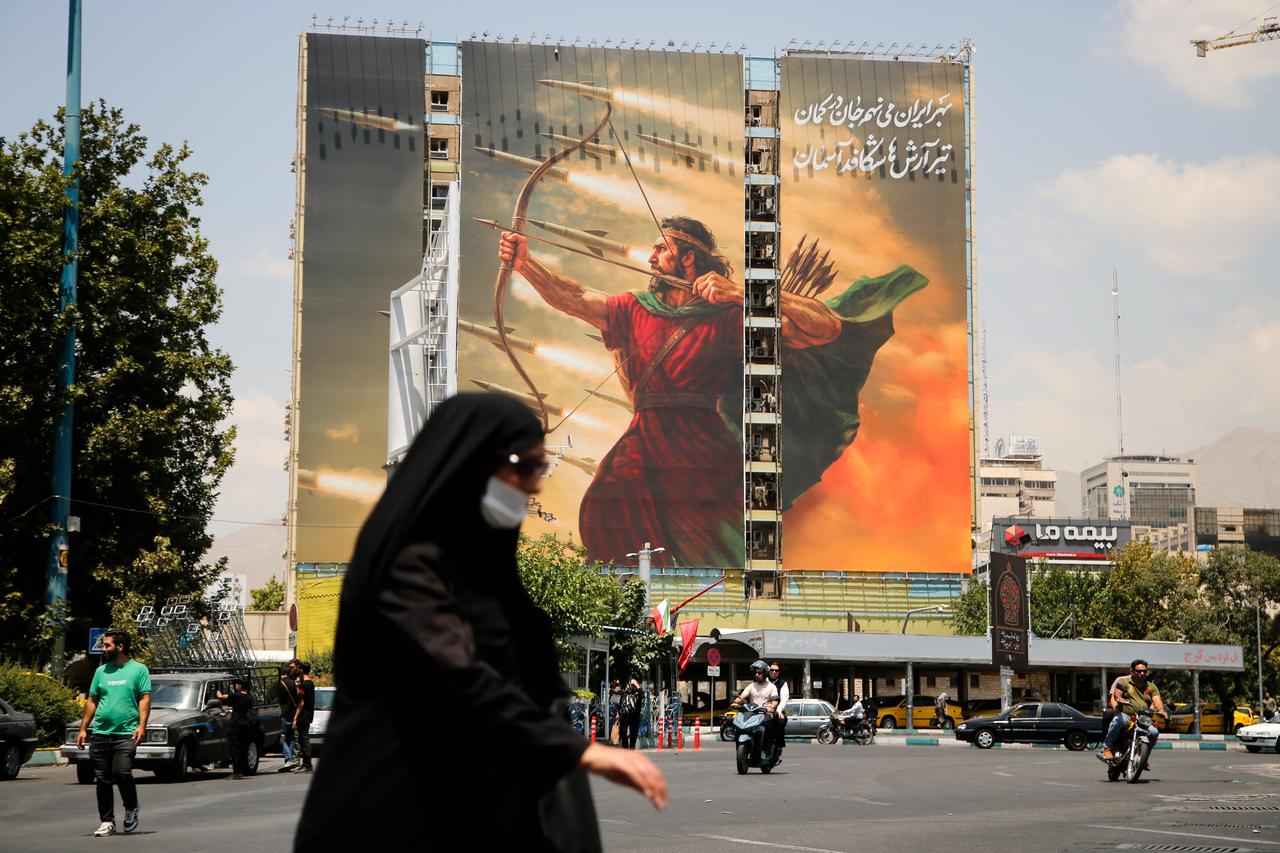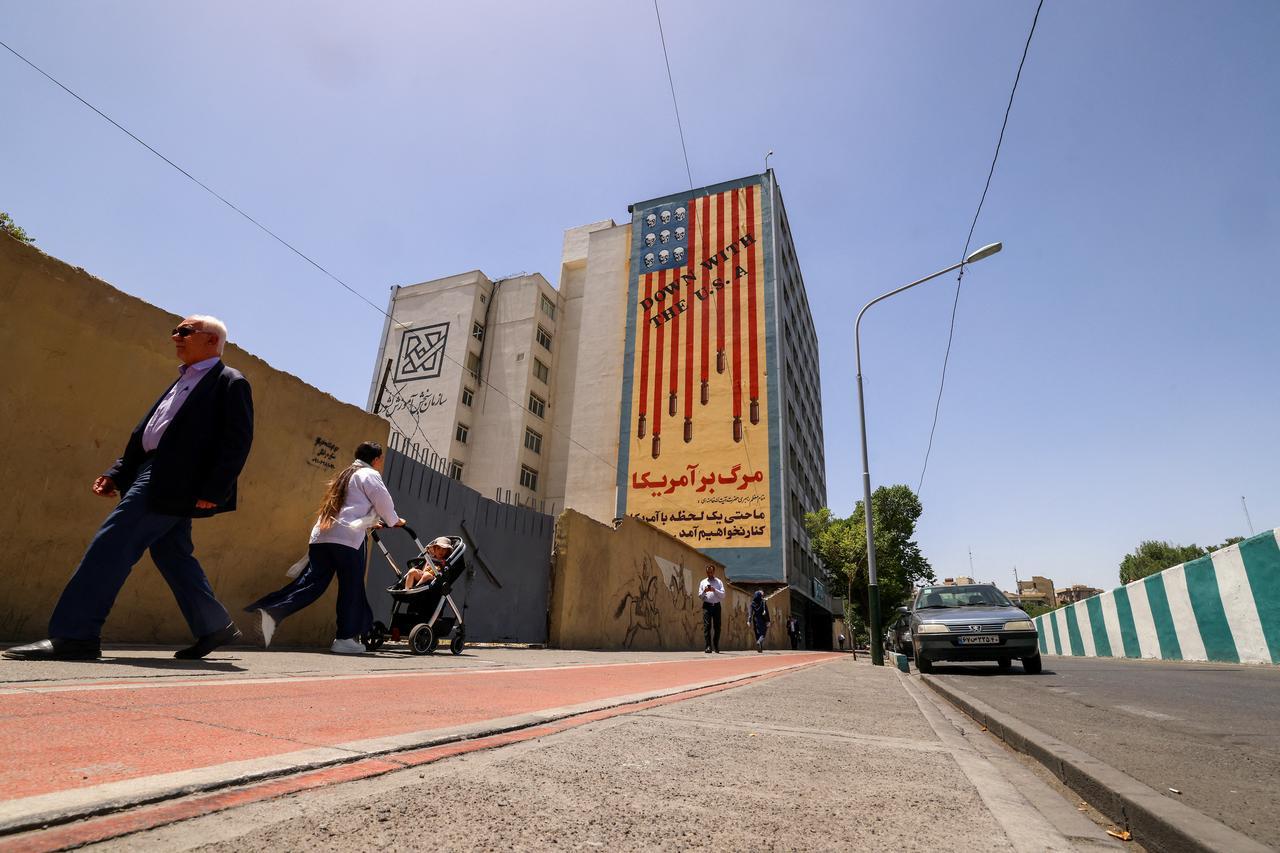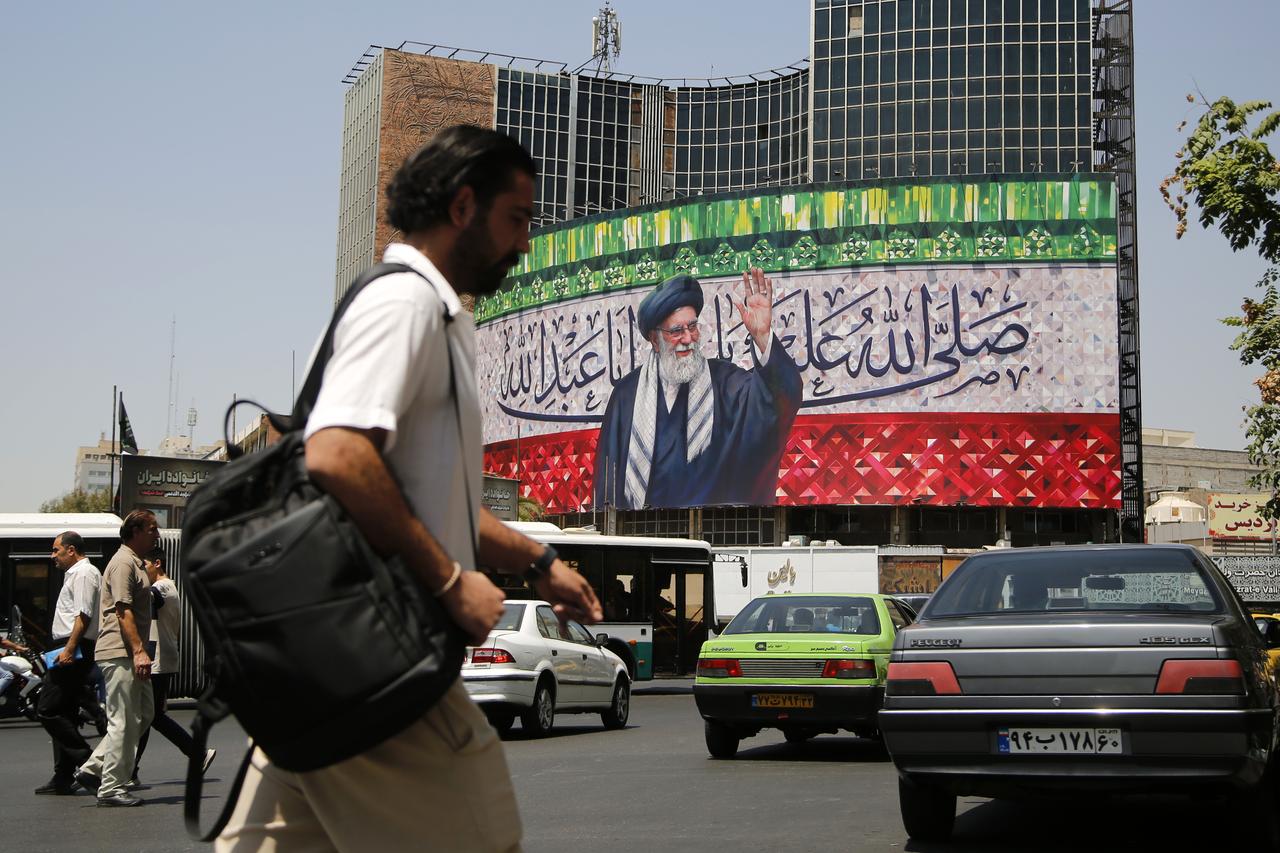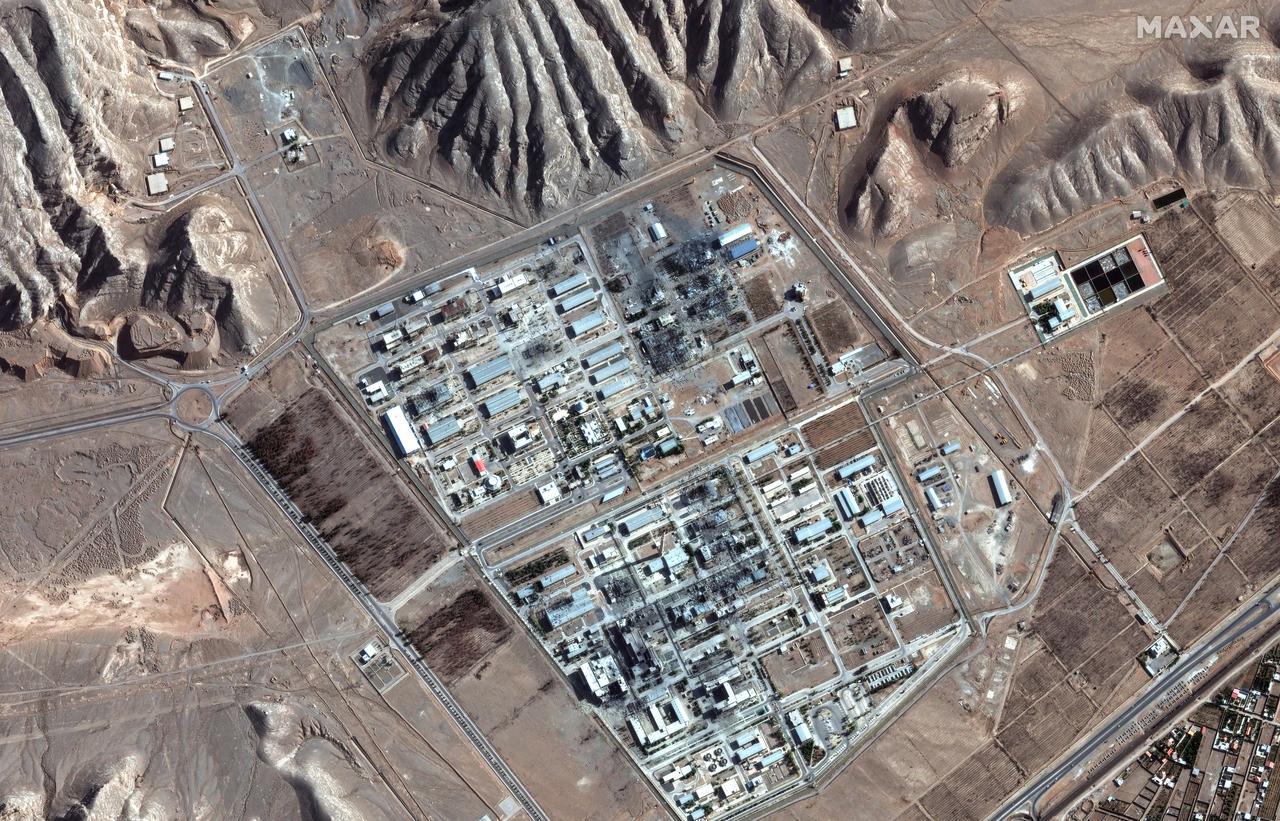
Iran on Monday accused European powers of failing to uphold their commitments under the 2015 nuclear deal, ahead of a fresh round of talks with Britain, France, and Germany scheduled for Friday in Istanbul.
“Iran holds the European parties responsible for negligence in implementing the agreement,” said Iranian Foreign Ministry spokesman Esmaeil Baqaei, referring to the deal known as the Joint Comprehensive Plan of Action (JCPOA).
The landmark agreement, signed between Iran and six world powers — the UK, France, China, Russia, the United States, and Germany — placed strict limits on Iran’s nuclear activities in exchange for relief from international sanctions.
However, the deal began to unravel in 2018 after then-U.S. President Donald Trump unilaterally withdrew Washington from the accord and reinstated sweeping sanctions against Tehran. Despite pledges from Europe to preserve the deal, a planned sanctions-evasion mechanism never took hold, prompting Western companies to pull out of Iran and worsening its economic isolation.

Friday’s expert-level talks in Türkiye, involving the so-called E3 — Britain, France, and Germany — are aimed at reviving the JCPOA ahead of its October expiration. The German Foreign Ministry said the E3 is working “flat out” to secure a sustainable and verifiable agreement.
“If no solution is reached by the end of August… the snapback also remains an option for the E3,” said ministry spokesman Martin Giese, referring to a clause that would allow the automatic reimposition of UN sanctions if Iran is found in violation of the deal.
Ahead of the meeting, Turkish Foreign Minister Hakan Fidan and Iranian Deputy Foreign Minister Abbas Araghchi held a phone call Monday to discuss the upcoming talks in Istanbul, according to Turkish diplomatic sources. The two also exchanged views on the humanitarian crisis in Gaza and the ongoing conflict in Syria.
Iran is also scheduled to host a separate trilateral meeting Tuesday with officials from China and Russia to discuss the nuclear file and possible sanctions. The Chinese Foreign Ministry said it would “continue to play a constructive role” in promoting dialogue that addresses the “legitimate concerns of all parties.”

Tensions have continued to mount as Western powers, led by the United States and backed by Israel, accuse Iran of breaching the JCPOA’s nuclear limits. The International Atomic Energy Agency reports that Iran is enriching uranium to 60 percent purity — far above the 3.67 percent cap set by the agreement and just short of weapons-grade levels.
Baqaei called European threats to activate the snapback mechanism “meaningless, unjustifiable, and immoral,” arguing that Tehran’s incremental withdrawal from its commitments was a direct response to Western violations.

“Iran’s reduction of its commitments was carried out in accordance with the provisions outlined in the agreement,” Baqaei said. He reiterated Iran’s position that its nuclear activities are solely for peaceful purposes such as energy production.
Baqaei also ruled out any talks with the United States at this stage, stating, “We have no intention of speaking with America.”
Tensions with Washington have escalated in recent weeks. A planned sixth round of U.S.-Iran nuclear talks, initially scheduled for June 15, was cancelled after Israel launched surprise airstrikes on Iran on June 13, targeting military and nuclear sites.
The United States followed with its own strikes on June 22, reportedly hitting uranium enrichment facilities at Fordo, as well as nuclear infrastructure in Isfahan and Natanz.
The latest developments have added urgency to efforts in Istanbul, where Türkiye continues to act as a key mediator in the stalled nuclear negotiations.